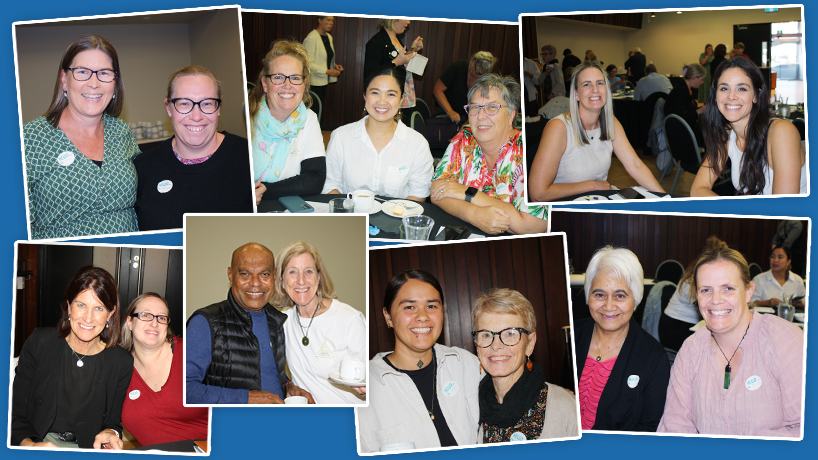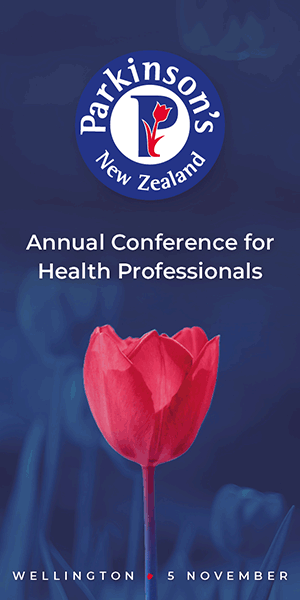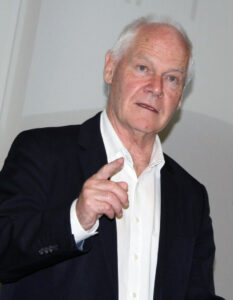Child and youth college doubles membership
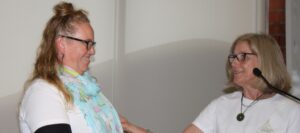
College of child and youth nurses / Tapuhitia ngā mokopuna mō apōpō has doubled its membership from 220 to 455 since last March — 107 per cent, chair Sarah Williams and Donna Burkett told the conference.
“We’re thrilled to see that flourishing,”
That was due to an active Facebook page and an “incredible” newsletter that went to a range of child and youth organisations, they said.
The hope now was to grow more of its student nurses in future.
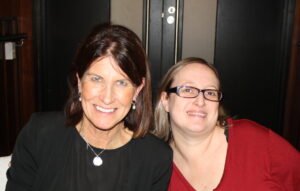
Also seeing a membership boost was the women’s health college (WHC), whose membership rose from 530 to 600 over the past year, mainly due to social media activity, chair Jill Lamb and member Callie Reweti said.
They also planned to visit secondary and tertiary schools to recruit students into nursing and also colleges and sections this year.
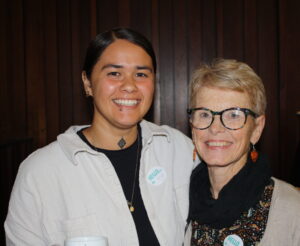
Nursing research section chair Lorraine Ritchie and treasurer Ebony Komene said after struggling in recent years, membership — at around 350 — was growing thanks to active social media use and networking.
Research underpinned all aspects of nursing and more kaupapa Māori and Pacific-focused nursing research was planned, with particular support for Māori researchers and now with Māori representation on its committee.
They had developed a tikanga folder, used te reo in its communications and were very focused with their grants and funding to support kaupapa Māori research and researchers.
“We can really commit to giving effect to those things . . . we are really intentional about a te ao Māori focus,” Komene said.
“If you don’t provide the voice of nursing, then who will?” NZNO –Tōpūtanga Tapuhi Kaitiaki o Aotearoa chief executive Paul Goulter challenged 20 colleges and sections, representing 12,500 nurses across 20 specialties.
“Unless that voice is heard, and heard continuously and heard on an evidence base, nursing will be excluded from the conversation around our health system, and others will take your place and pretend to speak for you.”
The expertise contained within colleges and sections was “absolutely critical” to decision-making, said Goulter, who vowed NZNO would provide the support needed to grow their influence.
“I love your work — but I’m aware of the frustrations many of you, as leaders in your areas, feel about things getting in the way or stopping you being as good as you can be. And that’s what I want you to be — as good as you can be.”
‘A lot of our mahi is around trying to position ourselves strategically where we can influence decisions around workforce and policy.’
Struggling to be heard
Nurses across the colleges and sections expressed frustration at being excluded from decision-making — and often not even consulted.
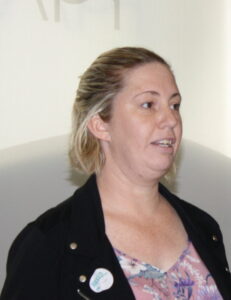
“We have struggled to have our voice heard from a respiratory point of view — we are not being asked as much as we would like to be asked to have input into things,” college of respiratory nurses co-chair Lisa Mason said.
Cancer nurses college chair Shelley Shea also said the college was concerned Te Whatu Ora had not yet reached out to the college regarding its national clinical cancer network kōrero.
‘Generally speaking we don’t compromise patient care — it’s just ourselves who get compromised.’
“A lot of our mahi is around trying to position ourselves strategically where we can influence decisions around workforce and policy.”
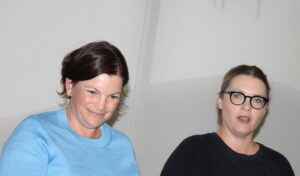
However, the college was on multiple working groups, including radiation oncology, medical oncology and melanoma. Shea was also nurse representative on Te Aho o Te Kahu (Cancer Control Agency)’s national clinical assembly which advises the agency’s chief executive.
‘A lot of the time is putting our hand up and saying — we’re here.’
This was despite enormous pressure on nurses “propping up” cancer services amid workforce shortages, they said.
“Generally speaking we don’t compromise patient care — it’s just ourselves who get compromised.”
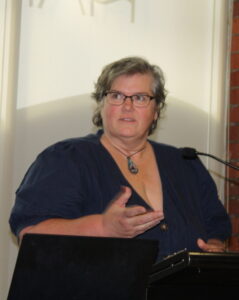
Infection, prevention and control nurses college chair Lisa Gilbert said it felt like their specialty role had become invisible since COVID.
“Where do we fit? We don’t actually have a home,” she said, noting there was no longer any IPC leader to report to at Manatū Hauora — Ministry of Health or Te Whatu Ora. Only the National Public Health Service maintained a national IPC role.
“A lot of the time is putting our hand up and saying ‘we’re here’!”
Recently, Te Whatu Ora had updated all its facilities’ guidelines — but had not included IPC at all, Gilbert said.
Nursing leadership section members Teresa Fisher and Sarah Linehan said they wanted to see nurses “lead the charge”.
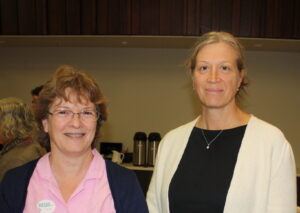
“We do need to stand together and — it’s not as much as trying to push back on things — as nurses taking charge of nursing as I feel like we let others get fingers in our pie.”
Mental health nurses section chair Helen Garrick warned in 10 years the section might not exist, as mental health nurses across the sector were being replaced by support workers. Also there was a proposed new workforce of psychologist assistants.
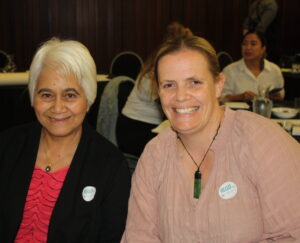
Neonatal nurses college chair Merophy Brown said they were often buried in adult-focused spaces, instead of consulted as stand-alone specialists.
“We’re looking after the future, so our job is really important [and] to promote what we do.”
Perioperative nurses college chair Cassandra Raj said Te Whatu Ora’s 2024 health workforce plan showed nurses being edged out of operating theatres. To stop this, it was important nurses understood the value of their role.
Upholding nursing’s ‘integrity’
“We need to shout that out to the world, we need to make an impact . . . so that managers and employers circle back to the nurse,” she said. “The integrity of nursing is yours to uphold.”
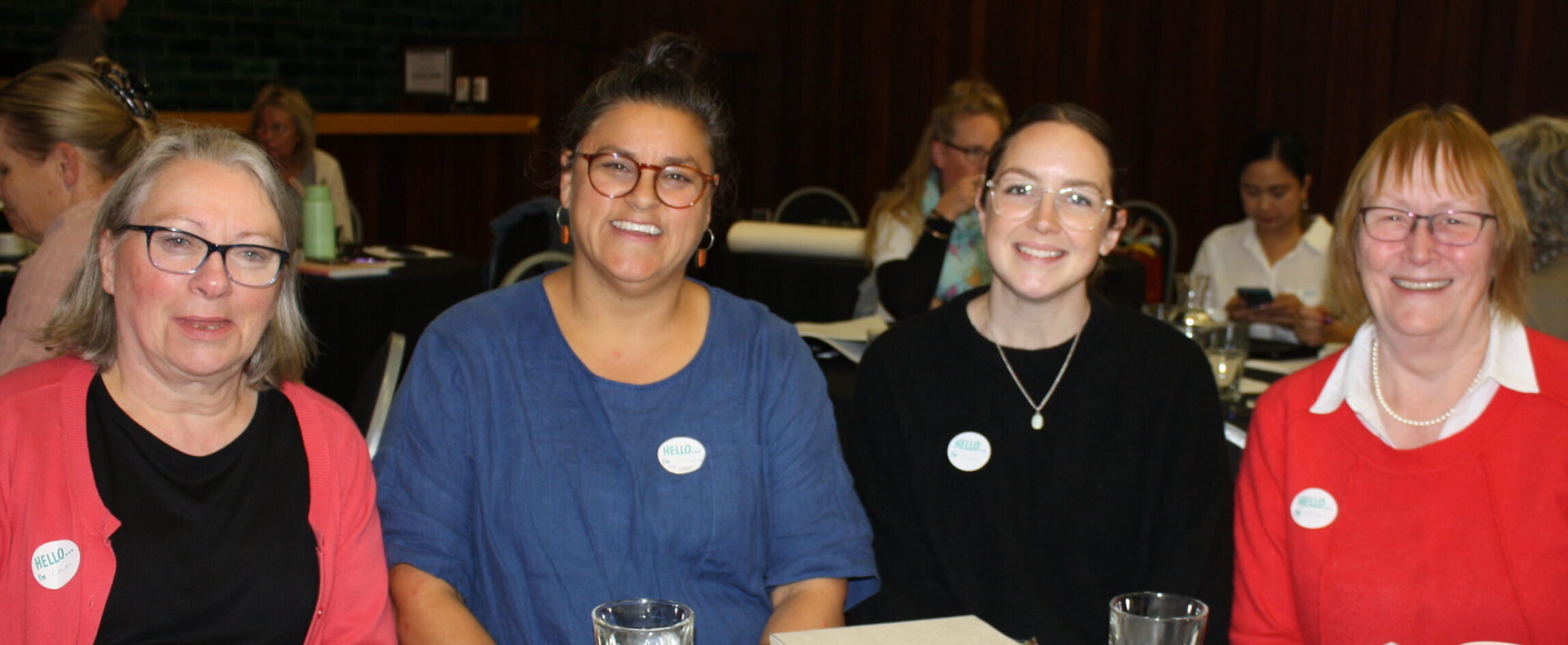
‘We have been at the fore of what is needed for critical care expansion and critical care nursing in New Zealand.’
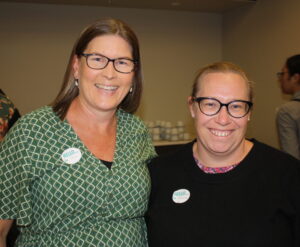
One exception was the college of critical care nurses whose influence had grown during COVID, and had contributed to winning a $644 million funding boost for intensive care services, said vice chair Tania Mitchell, who has been on Te Whatu Ora’s critical care advisory group since 2021.
The cash raised critical care bed numbers to 85, fully staffed nursing teams, provided nurse educators and clinical coaches in every intensive care unit as well as funding post-grad study and cultural liaison roles.
“Our college has been instrumental in this – I represent critical care nursing on this advisory group. So we have been at the fore of what is needed for critical care expansion and critical care nursing in New Zealand.”
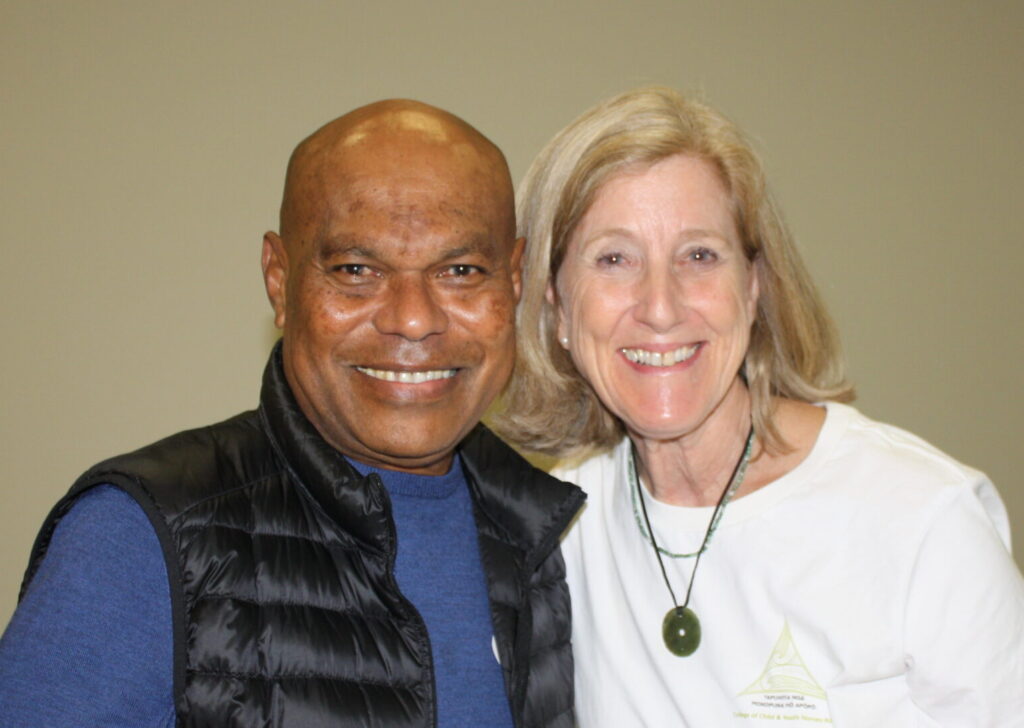
Pacific nurses section member Abel Smith said they had been working closely with Nursing Council on building the Pacific nursing workforce and were pleased to see Whitireia’s bridging programme being funded for a new cohort.
Given that Pacific people now make up eight per cent of the nation’s population and is growing, Smith said the four per cent of nurses in New Zealand who identified as Pacific was not enough.
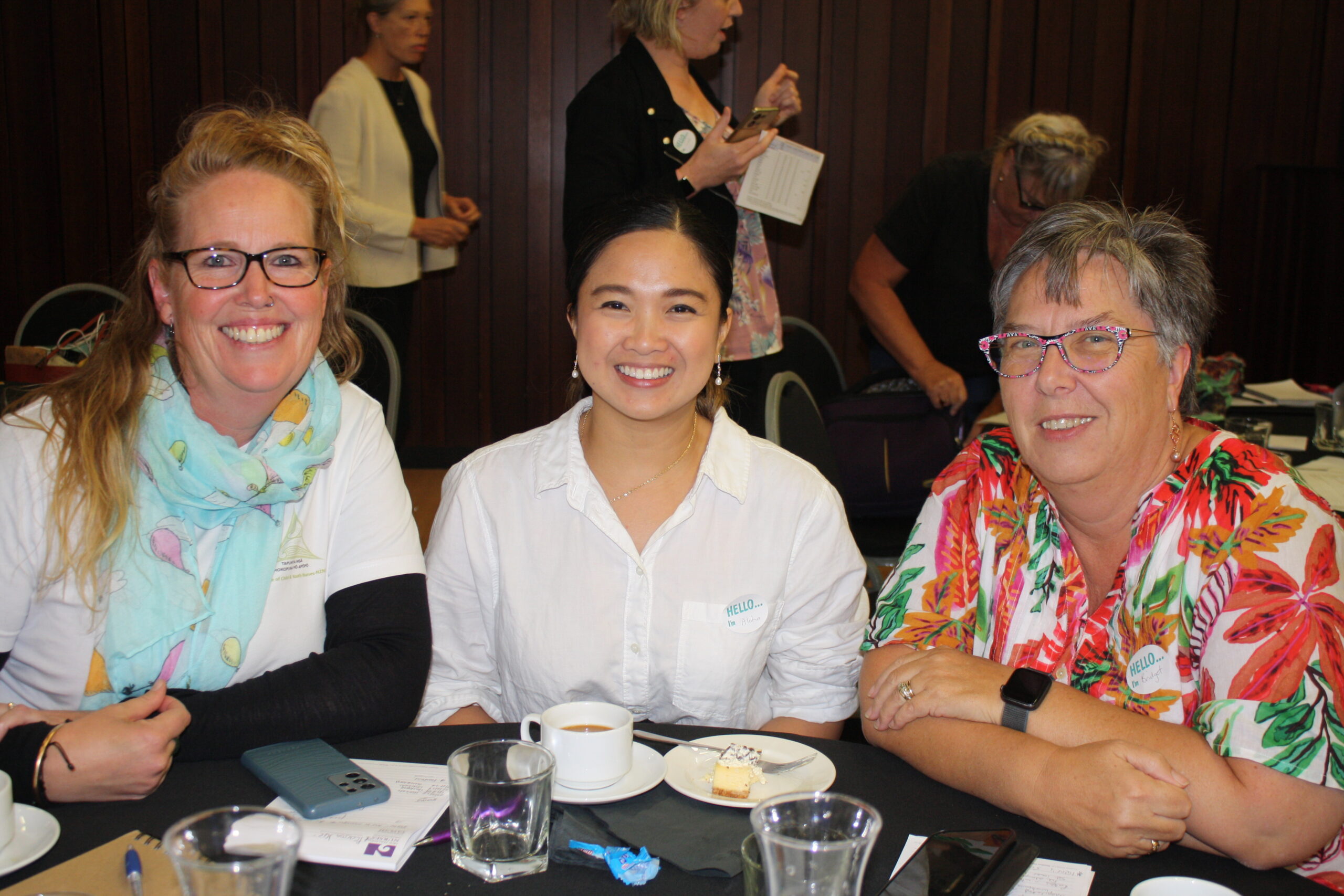
College of gerontology nurses member Aloha Sison said it also wanted to increase its visibility to try and draw attention to problems of compassion fatigue, staff turnover and aggression in the workplace.
‘We all want to clean out the barriers, we want informed advocacy, we want cash and a commitment.’
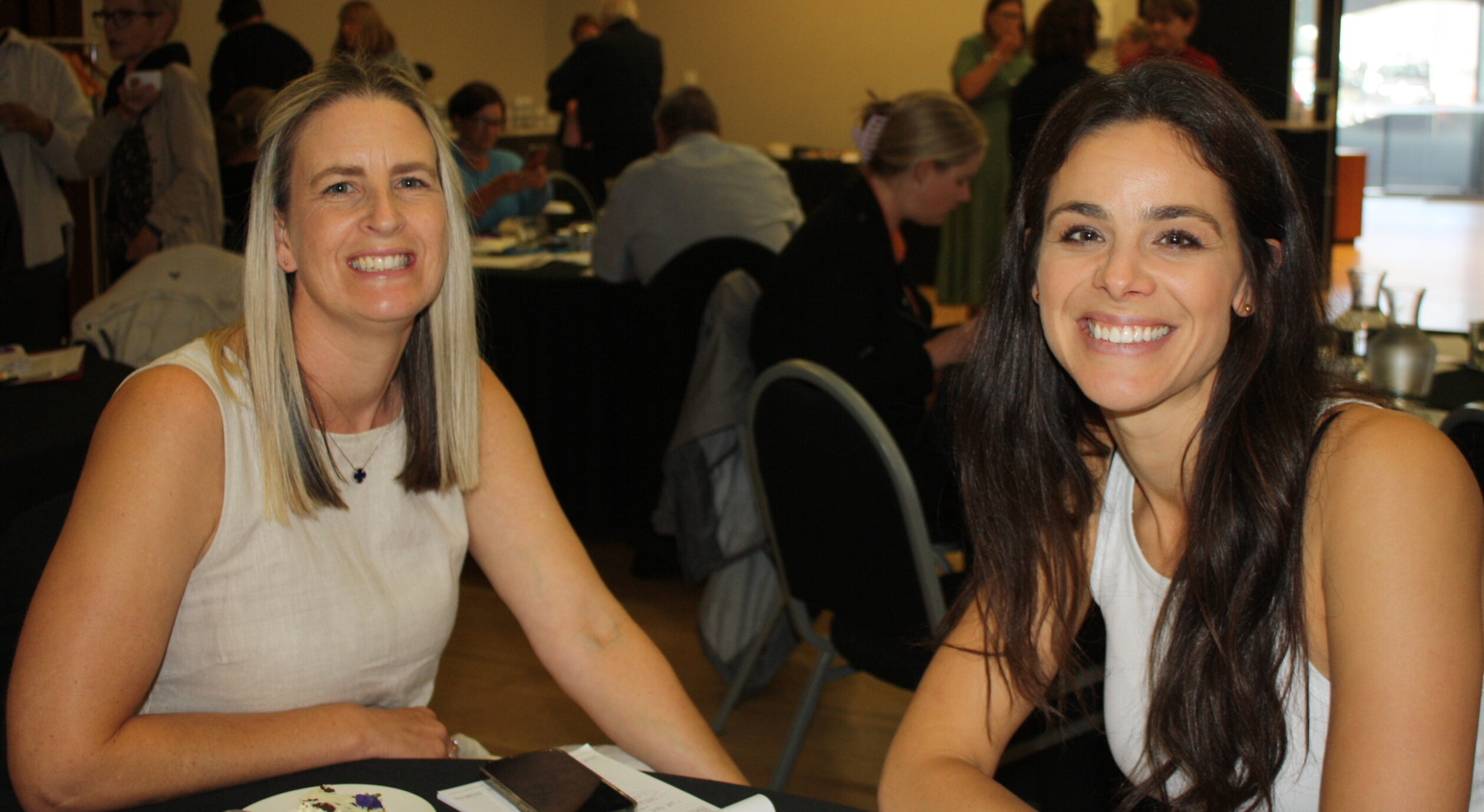
Despite this, members were focused on bringing in person-centred care across residential aged care.
“Ultimately, this year we want to support flourishing in ageing.”
‘Huge strides’ in bicultural partnership
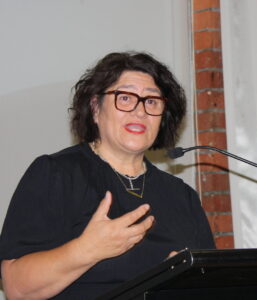 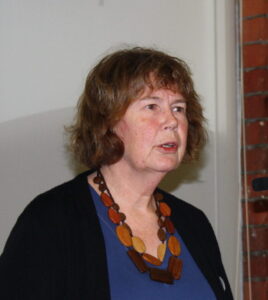
|
Kaiwhakahaere Kerri Nuku said there had been “huge strides” in NZNO’s bicultural journey in recent years, including within colleges and sections.
This year’s campaigns would all have a te Tiriti focus, including pay equity for all nurses and kaiāwhina. “Te Tiriti and equity . . . partnership [will be ] actively all embraced in the things we’re doing.” President Anne Daniels said members must take the lead in the fight for justice — both for themselves and for their patients. College and section members had set the standards through their knowledge and skills frameworks, she said. “But now we must decide what that looks like in practice, and not wait to be told by others — Nursing Council, Government, employers and, to a certain extent, our medical colleagues.” Goulter (left) said he wanted to see more members joining colleges and sections, to bring a powerful collective voice to the professional groups. Health decision-makers seemed to have “turned their backs” on the voices of the biggest health workforce, said Goulter. “We have to turn that around — turn those decision-makers back to face us, to face NZNO and its colleges and sections.” This would be through NZNO’s Maranga Mai! strategy which included:
The second barrier was within NZNO itself, which needed to better support colleges and sections, “deepen” its activism regionally and nationally and “be more influential and shape the debates”, Goulter said. |
A survey was underway this month to identify barriers to growing college and section members, activity and leadership, and explore how to better support colleges and sections in a range of ways including technology and websites.
“We all want to clean out the barriers, we want informed advocacy, we want cash and a commitment – and most of all we want to Maranga Mai!”
Find your specialty college/section here.



